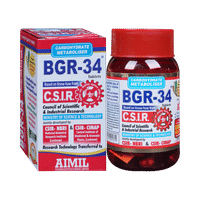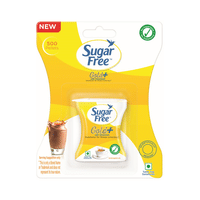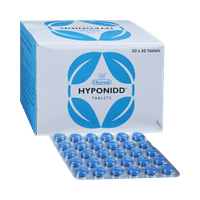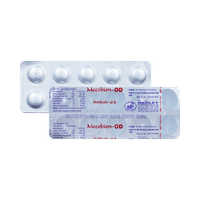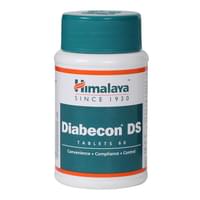Rs.111for 1 strip(s) (10 tablets each)
food interaction for Dapasach Tablet
alcohol interaction for Dapasach Tablet
pregnancy interaction for Dapasach Tablet
lactation interaction for Dapasach Tablet
food
alcohol
pregnancy
lactation
Dapasach 10mg Tablet may be taken with or without food.
None
None
CAUTION
It is unsafe to consume alcohol with Dapasach 10mg Tablet
UNSAFE
The safety of Dapasach 10mg Tablet during pregnancy has not been established. There are no adequate and well-controlled studies in pregnant women, and animal data on reproductive toxicity are insufficient. Your doctor will weigh the benefits and any potential risks before prescribing.
CONSULT YOUR DOCTOR
Information regarding the use of Dapasach 10mg Tablet during breastfeeding is not available. Please consult your doctor.
CONSULT YOUR DOCTOR
SALT INFORMATION FOR Dapasach 10mg Tablet
Dapagliflozin(10mg)
Dapasach tablet uses
{med_name} is used in the treatment of type 2 diabetes mellitus.
How dapasach tablet works
Dapasach 10mg Tablet is an antidiabetic medication. It works by removing excess sugar from your body through urine.
Common side effects of dapasach tablet
Nausea, Polyuria, Genital fungal infection, Nasopharyngitis (inflammation of the throat and nasal passages), Urinary tract infection
SUBSTITUTES FOR Dapasach Tablet
614 Substitutes
614 Substitutes
Sorted By
 Rs. 519.30pay 228% more per Tablet
Rs. 519.30pay 228% more per Tablet Rs. 223.10pay 41% more per Tablet
Rs. 223.10pay 41% more per Tablet Rs. 262.80pay 58% more per Tablet
Rs. 262.80pay 58% more per Tablet Rs. 205.30pay 23% more per Tablet
Rs. 205.30pay 23% more per Tablet Rs. 180.70pay 59% more per Tablet
Rs. 180.70pay 59% more per Tablet
Expert advice FOR Dapasach Tablet
- Dapagliflozin may cause your body to lose too much fluid (dehydration), or you may urinate more often. Drink plenty of water and stay hydrated.
- Dapagliflozin may cause hypoglycemia (low blood sugar level) when taken with other antidiabetic medicines, with alcohol, or if you delay or miss a meal.
- Always carry some sugary food or fruit juice with you in case you experience hypoglycemia symptoms such as cold sweats, cool, pale skin, tremors, and anxiety.
- Dapagliflozin can cause genital fungal and/or urinary tract infections (UTIs) in both females and males, so practice good hygiene.
- Monitor your blood sugar regularly while taking this medicine.
- Inform your doctor immediately if you experience constant dizziness, joint pain, cold-like symptoms, or unexplained nausea/vomiting.
Frequently asked questions FOR Dapasach 10mg Tablet
Dapagliflozin
Q. What is Dapasach 10mg Tablet used for?
Dapasach 10mg Tablet is used to lower blood glucose levels in type 2 diabetes. In type 2 diabetes, the body is not able to use the produced insulin properly. This leads to an increase in the levels of sugar in your blood. Dapasach 10mg Tablet works by removing excess sugar from your body via your urine. In addition to that, it can also help prevent heart disease.
Q. Is Dapasach 10mg Tablet safe to use?
Yes, Dapasach 10mg Tablet is safe when used as directed by the doctor. However, it may show some side effects. For best results, it should be used in the correct dose and at the same time each day.
Q. Does Dapasach 10mg Tablet cause weight loss?
Yes, Dapasach 10mg Tablet may cause weight loss in some patients. However, it is an uncommon side effect. If you experience sudden weight gain or have any concerns regarding your weight, discuss it with your doctor.














